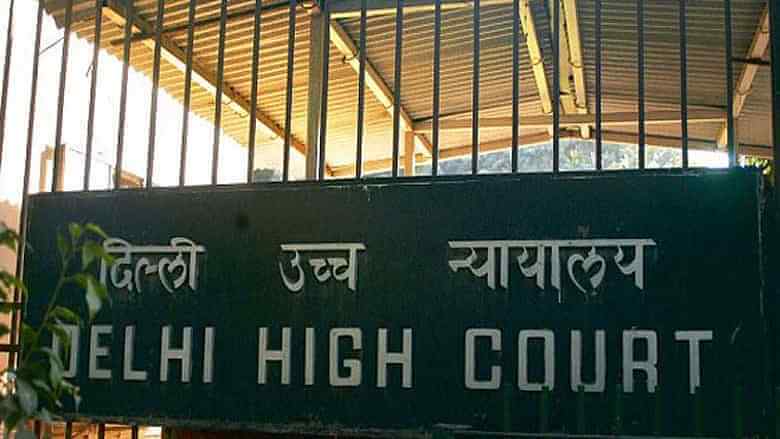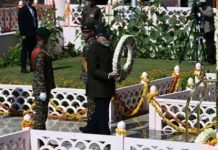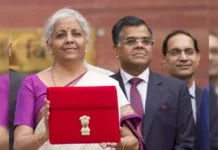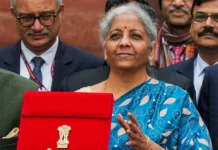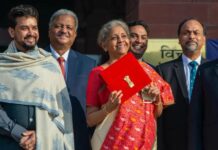Amiya Kumar Kushwaha
NEW DELHI: The Delhi high court has backed the need for a Uniform Civil Code (UCC) observing that there is the need for a Code – ‘common to all’ in the country and had asked the central government to take the necessary steps in this matter. “In modern Indian society, which is gradually becoming homogenous, the traditional barriers of religion, community and caste are slowly dissipating,” the HC said.
“The hope expressed in Article 44 of the Constitution that the State shall secure for its citizens Uniform Civil Code ought not to remain a mere hope,” a bench of Justice Prathiba M. Singh said, adding that the need for a Uniform Civil Code as envisioned under Article 44, has been reiterated from time to time by the Supreme Court.
“The Supreme Court had, in 1985 directed that the judgment in Ms Jordon Diengdeh (supra) be placed before the Ministry of Law to take appropriate steps. However, more than three decades have passed since then and it is unclear as to what steps have been taken in this regard to date. Accordingly, let the copy of the present judgment be communicated to the Secretary, Ministry of Law & Justice, Government of India, for necessary action as deemed appropriate,” the court said.
“Cases like the present one repeatedly highlight the need for such a Code – ‘common to all, which would enable uniform principles being applied in respect of aspects such as marriage, divorce, succession etc., so that settled principles, safeguards and procedures can be laid down and citizens are not made to struggle due to the conflicts and contradictions in various personal laws,” the court said.
Also Read: Law panel seeks political parties’ views on uniform civil code
“In modern Indian society which is gradually becoming homogenous, the traditional barriers of religion, community and caste are slowly dissipating,” the court said.
The court observed that the youth of India belonging to various communities, tribes, castes or religions who solemnise their marriages ought not to be forced to struggle with issues arising due to conflicts in various personal laws, especially in relation to marriage and divorce.
The court’s observation came while hearing a plea seeking the applicability of The Hindu Marriage Act, 1955, in respect of the parties who belong to the Meena community in view of the exclusion under Section 2(2) of the HMA, 1955.
The couple got married on 24th June 2012. A petition seeking divorce under Section 13-1(ia) of the HMA, 1955 was filed by the man on 2nd December 2015. The woman e prayed for rejection of the divorce petition, on the ground that the provisions of the HMA, 1955 do not apply to the parties concerned as they are members of a notified Scheduled Tribe in Rajasthan, and hence the HMA, 1955 would not be applicable to the case of the said parties in view of Section 2(2) of the HMA, 1955.
The application was decided by the Family Court and the divorce petition was dismissed by holding that the provisions of the HMA, 1955 do not extend to the Meena community, which is a notified Scheduled Tribe. the man challenged the trial court order dated 28th November 2020 in the High Court.
The High Court allowed his appeal to challenge the trial court order and set aside trial court decisions.
“The appeal is allowed. The impugned judgment is not sustainable and is accordingly set aside. The trial court is directed to proceed with the adjudication of the petition under 13-1(a) of the HMA, 1955 on merits and render a decision within six months,” the high court said. (ANI)

